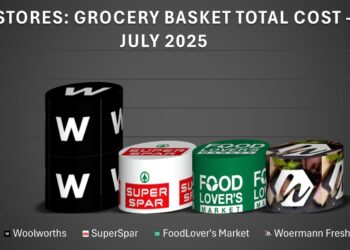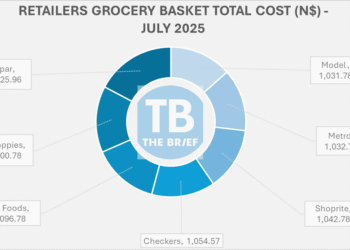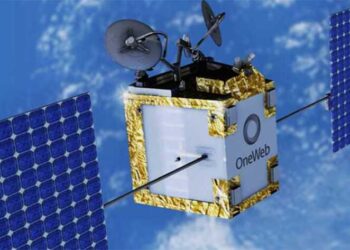
Dundee Precious Metals Tsumeb (DPMT) has commissioned its first-ever waste management facility, which will assist the copper smelting company in segregating and sorting waste at the source.
The facility is expected to minimize the quantity that gets discarded in landfills.
The N$15 million facility will be able to divert waste from landfills and promote utilization where possible.
“This is aimed at diverting waste from landfill and into utilization where possible. “Waste†collected for recycling includes cartons, paper, cans, glass bottles, plastic containers, and plastic bags. Ultimately, only biodegradable general or domestic waste will be landfilled at this facility.â€
The Environmental Commissioner, Timoteus Mufeti, said the facility sets a new standard for environmentally conscious waste management practices. He, therefore, expects other organizations, especially within the mining industry, to follow suit.
“By embracing integrated waste management practices, we not only protect our environment but also contribute to the well-being of our communities. It is our responsibility to ensure that our actions today do not compromise the future of our planet,” said Mufeti.
The Integrated Waste Management Facility comprises several key components, including an administration office block, a recyclable processing facility equipped with a baling machine and storage compartments, an interim storage facility for waste destined for onsite treatment or offsite disposal, a bioremediation pad for blending and treating soil, a disposal cell, a water management system, and a vehicle wash bay.
DPMT Vice President and Managing Director, Zebra Kasete, said the investment demonstrates Dundee’s commitment to being a responsible corporate citizen and stewards of the environment.
“The facility is designed and constructed in accordance with South African Standards and is classified as a Class B Landfill. Landfill management systems are classified based on the risk associated with the waste being disposed of or landfilled. Therefore, the design and operational philosophy of the facility align with the principles of integrated waste management and the waste management hierarchy, with a strong emphasis on encouraging waste segregation and sorting at the source and reducing waste sent to the landfill,” said Kasete.
Class A landfill is for high-risk waste, while Class B is for moderate-risk waste, with Class C and Class D landfills designed for low-risk waste and inert waste, respectively.











